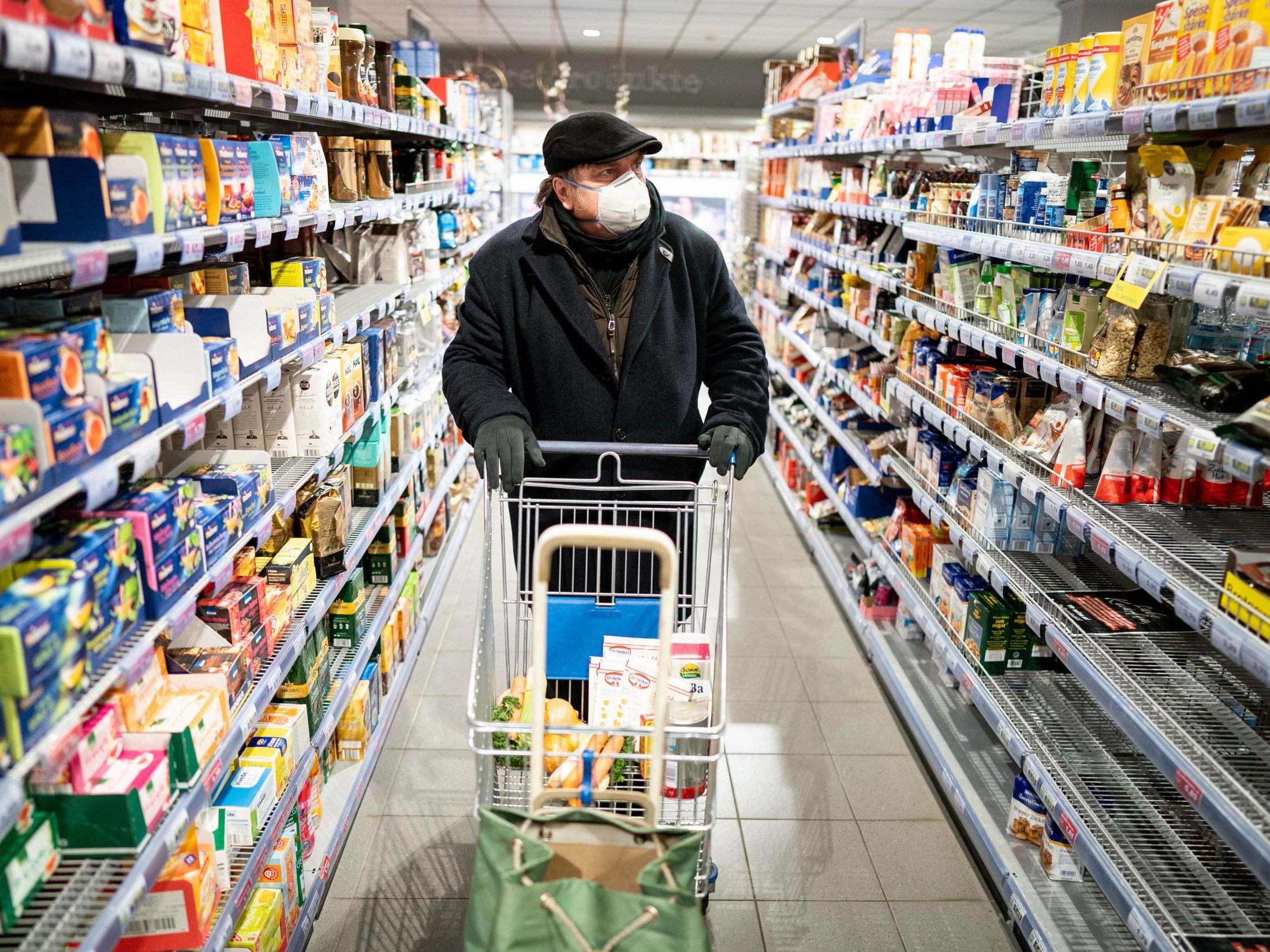Five years after the start of the Corona lockdowns, the world looks different in many areas today. However, in the domestic grocery retail sector, this is not primarily due to the virus pandemic, as assessments by industry experts to the APA suggest. It is clear: Customers are increasingly buying particularly affordable products. Corona brought a certain boost in cashless payments.

Corona Brought Few Changes for Supermarkets Corona Brought Few Changes for Supermarkets Corona Brought Few Changes for Supermarkets
13-02-2025, 08:33
Pandemic Boosted Card Payments
Currently, about half of the purchases in the grocery retail sector are made with cards or cashless. Before Corona, it was about 30 percent, according to Spar. However, as life in general is becoming more digital, the numbers are increasing here even without the pandemic.
The inflation, which of course particularly concerns and often burdens many customers, is not due to Corona, but to the energy price crisis and the subsequent high and prolonged general inflation, which has flared up again at the start of the year. Weather-related fluctuations in cocoa and coffee and the conditions on international markets have also fueled the prices.
Fresh Food Deliveries Do Not Take Off
Temporarily, at least in the million-city Vienna, it seemed as if a potentially relevant market for ordering fresh food would emerge. However, for supermarkets, this tended to be too expensive. In Austria, compared to other European countries, the immense density of grocery stores also plays a role.
In Vienna, alongside Billa, Hofer, and Interspar, online grocery retailers Alfies, Gurkerl, and Hausfreund are competing for market share. Interspar delivers in the greater Vienna area as well as in the city of Salzburg and its surroundings. The discounter Hofer offers a grocery home delivery service in Vienna with the delivery service Roksh. Two pioneers in the domestic online grocery trade - namely the Tyrolean supermarket chain MPreis and the Upper Austrian local supplier Unimarkt - completely closed their online shop in 2023 for economic reasons. Many smaller but also some international providers, who tried during the lockdowns, closed again very quickly.
AI Use for Less Waste
Digitization has progressed in the past five years, independent of . For example, artificial intelligence (AI) is used more often, unnoticed by the customer. This is done, for example, to reduce food waste. This, of course, also reduces costs.
(APA/Red)
This article has been automatically translated, read the original article .




